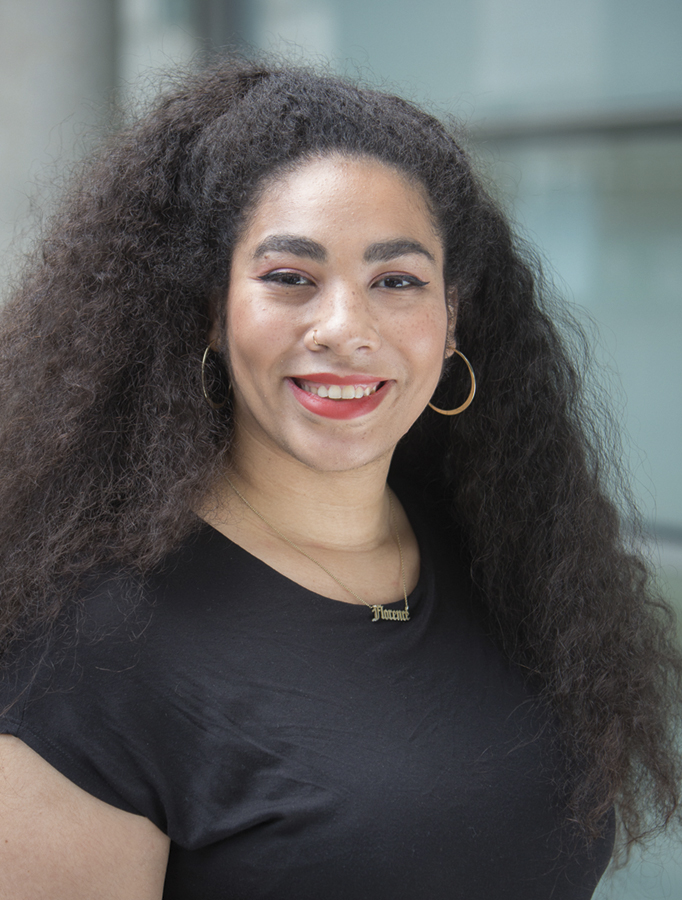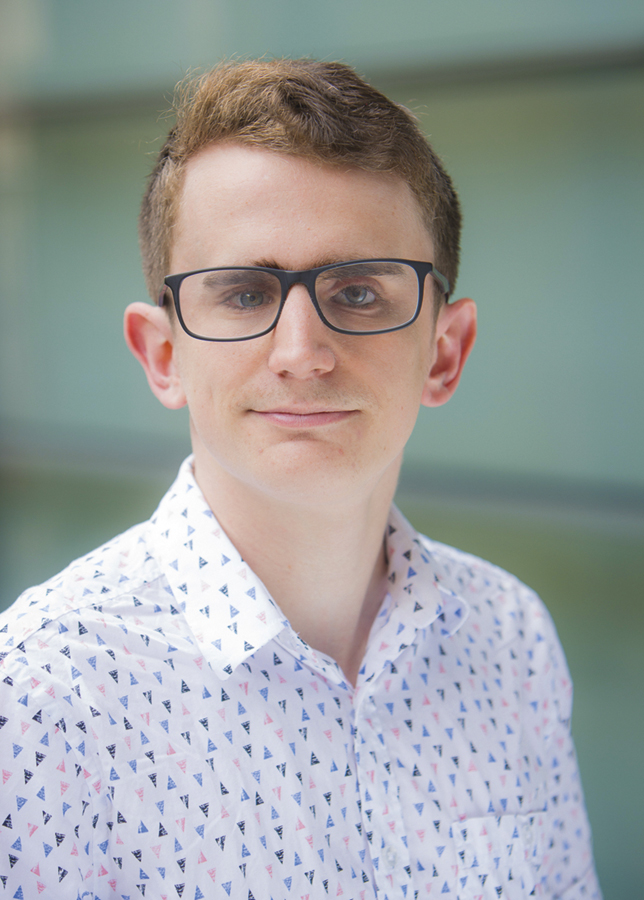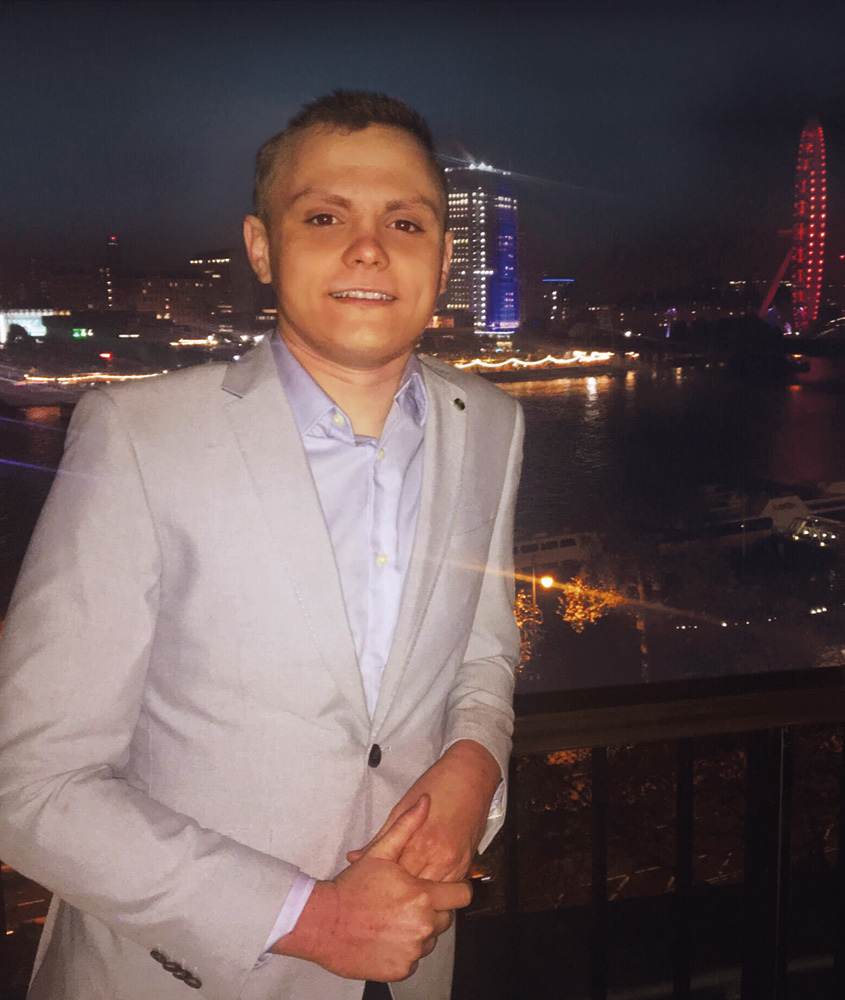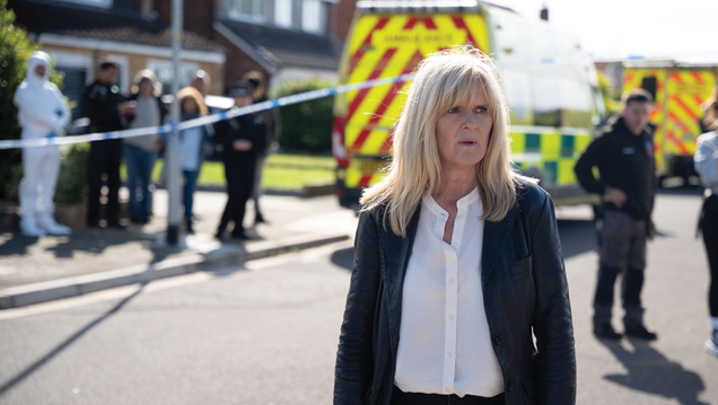The RTS Bursary scheme was launched in 2014. Anne Dawson caught up with six of the first cohort, to see how their working lives are shaping up
Florence Watson
I started at Norwich University of the Arts in 2014, after being out of education for several years. I was battling with mental-health issues and felt unsure about which direction I wanted to steer my life.

Screenwriting had always been a secret passion, so I picked a course that would allow me to bring my characters to life. I applied to the RTS Bursary on a whim. I am so thankful that I did.
The bursary gave me the freedom to focus on my studies and take opportunities that were previously inaccessible to me. All this strengthened the prospects of me finding work following graduation.
I graduated last summer and began applying for as many jobs as possible. Out of 2,000 applicants, I was lucky enough to gain one of 16 places on the Channel 4 Production Training Scheme. This places you with an affiliated production company for 12 months.
I am now based full-time at Lime Pictures in Liverpool. During the past six months I have worked as both a researcher and an assistant script editor on Hollyoaks.
Money is often an uncomfortable subject to talk about, but even small amounts open doors to an industry that feels out of reach for many.
Long term, I want to produce. This was a job that sounded like a fantasy before I was awarded the RTS Bursary. Now I am in a position where I can think about the future and not fear it, which feels amazing.
Florence Watson, 25, researcher / assistant script editor, Lime Pictures.
Suzanne Pearson

Graduating from the University of York in film and television production was a massive accomplishment for me. I was eager to start working, but, after two months of applying for jobs, I was finding it hard to get my foot in the door.
Eventually, I moved back in with my grandparents, in Rotherham, South Yorkshire. Luckily, my grandparents sat me down and had a serious talk. They told me that I was meant for something bigger than Rotherham and urged me to concentrate on getting a job in TV.
It felt like I couldn’t do it, but it was the best thing they could have said. I’m so grateful they believed in me.
Support from the RTS helped a lot. It arranged for me to speak to a talent manager, encouraged me to apply to The Network, a talent scheme run by the Edinburgh Television Festival, and invited me to the RTS Cambridge Convention.
It was through these connections that I found out about a job at Raw TV. After my interview – and mid-haircut – I found out that I’d got the job, and I would be starting in two weeks’ time in London.
Graduating was hard, but I’m so grateful that I had people egging me on at every step to make my two big goals a reality: to live in London and to work in television.
I love my job at Raw. As for London, I occasionally miss the Yorkshire greenery and my grandma’s shepherd’s pie but, right now, I’m loving the city life and the buzz that comes with it.
Suzanne Pearson, 21, office runner, Raw TV.
Richard Walker
My TV break came at the end of my second year of university when, after seeing the job posted on The Unit List website, I got two days’ work on Dickinson’s Real Deal, which gave me my first TV credit.

I continued applying for TV jobs during my final year at university, working on audition days for The Voice UK, Britain’s Got Talent and First Dates.
After graduating, I made the move to London. I highly recommend the RTS Careers Fair, as I met the RDF Television talent manager there, who gave me my first runner work in London.
Keeping an eye on the Facebook group “People looking for TV work: Runners” and several interviews later, I worked as a logger for The Undateables and as a runner for SAS: Who Dares Wins.
In August 2017, I was interviewed and offered the position of trainee researcher at Twenty Twenty through the Channel 4 Production Training Scheme.
This is a 12-month contract at a TV production company as either a trainee researcher or trainee production co-ordinator. It is aimed particularly at ethnic minorities and/or people with disabilities or disadvantaged backgrounds. You receive monthly training at Channel 4 HQ to enhance your 12-month placement.
To get on to the Channel 4 scheme was a three-part process: online application, interview day at Channel 4 HQ and an interview with a production company – in my case, Twenty Twenty.
I worked really hard on my application, rerecording my video several times until it was just right. Demonstrating my ideas was really important for the group task on the interview day.
I prepared for this by having examples of the TV I’d enjoyed recently and what I liked about it.
For the interview at the production company, it was important to research, research and research: knowing and watching the programmes it made and knowing the key people in the company.
It was also important to have in my head examples of when I’d faced deadlines, worked in a team, felt pressure and been creative.
I’ve spent time working in development, on a paid pilot and now a new commission for Sky 1, Faster: Race the World. Looking ahead, I finish the Channel 4 scheme in September and will apply for researcher positions in factual television.
Richard Walker, 21, trainee researcher, Twenty Twenty Television.
Hazera Bibi
I studied broadcast journalism at Huddersfield University and realised that I wanted to work in social media. Through the RTS, I was able to land an internship doing social-media work for a documentary company, Rogan Productions.

This helped me get freelance work for the Yorkshire Party candidate in Huddersfield and, a month later, a full-time job at High Street TV.
Everything happened fast. I graduated and started work the next day. A couple of days later, I moved house.
I had to adapt to the nine-to-five work day quickly. In all honesty, it took me a while. Social media is fast-paced and it’s always on, and it took months to find the right balance of when I should be “on”, and learning how to turn “off” and do something else.
Seven months in and I couldn’t be happier. Not only am I doing the thing I love and enjoy, but I’ve picked up new skills.
One of the things I love about the RTS is the friends I’ve gained. The first time I came to London for the RTS dinner I was so scared. A few of us decided to meet at King’s Cross and travel together. Since then, we have built lovely personal and working relationships.
As cheesy as it sounds, not only have I been able to find a job in something I love, but I’ve also made friends through the RTS.
Hazera Bibi, 21, social media co-ordinator, High Street TV.
Ophelia Taylor-Brennan
I didn’t think that, eight months after graduating from Westminster University with a BA in television production, I’d be writing down my occupation as producer.
After numerous interviews for entry-level roles it wasn’t looking good and I was starting to lose all motivation. I decided to take a gamble and apply for an assistant producer role with Cellcast.
On paper, they liked what they saw but were sceptical, given my age and relative lack of experience. I negotiated a trial shift and prepared myself for the night show Psychic Today.
Remembering everything I learnt in my live TV module, I confidently assisted in the running of the gallery. Four months and a performance review later, I now run the gallery as a producer for Psychic Today. A massive thank you is due to the RTS for its continued support and helping to turn me into an active practitioner in the field.
I wouldn’t be where I am if it wasn’t for the RTS Bursary scheme, I’d never have been able to afford studying in London, and Westminster University really set me up for my career.
Ophelia Taylor-Brennan, 22, producer, Cellcast.
Kyle Shiels
I studied broadcast journalism at the University of Leeds and graduated last summer. I am really looking forward to starting work in April as a junior researcher for Knickerbockerglory on GPs: Behind Closed Doors, also based in Leeds, my home town.

I learned countless things while I was at university, but some of the most important things I’ve learnt about my future career have come since.
At the top of that list, I’d place: “Consider what’s right for you.”
When you’re a graduate, with a nice big pile of student-loan debt and a lot of free time to spend job-hunting, the first job offer to come your way might look really attractive.
Of course, it may be perfect for you. But, if not, consider your options, talk to loved ones and don’t feel shy about looking elsewhere.
Your mental health and well-being are just as important as your first job, and the right one will come along with the right effort and determination.
Through mentors, masterclasses, events and everything in between, the RTS Bursary probably ranks as the best thing that could have happened to my prospective career.
Even after graduation, the RTS team are interested and caring about your progress. No matter how old and grey I get, I’ll always consider myself an RTS Bursary student.
Kyle Shiels, 22, junior researcher, Knickerbockerglory.
The RTS Bursary schemes are available for those starting university degrees this September in the subjects of journalism, computing, engineering and TV production.
To apply for the scheme, visit the RTS Bursary pages. The deadline for entries is 30 June 2018.







